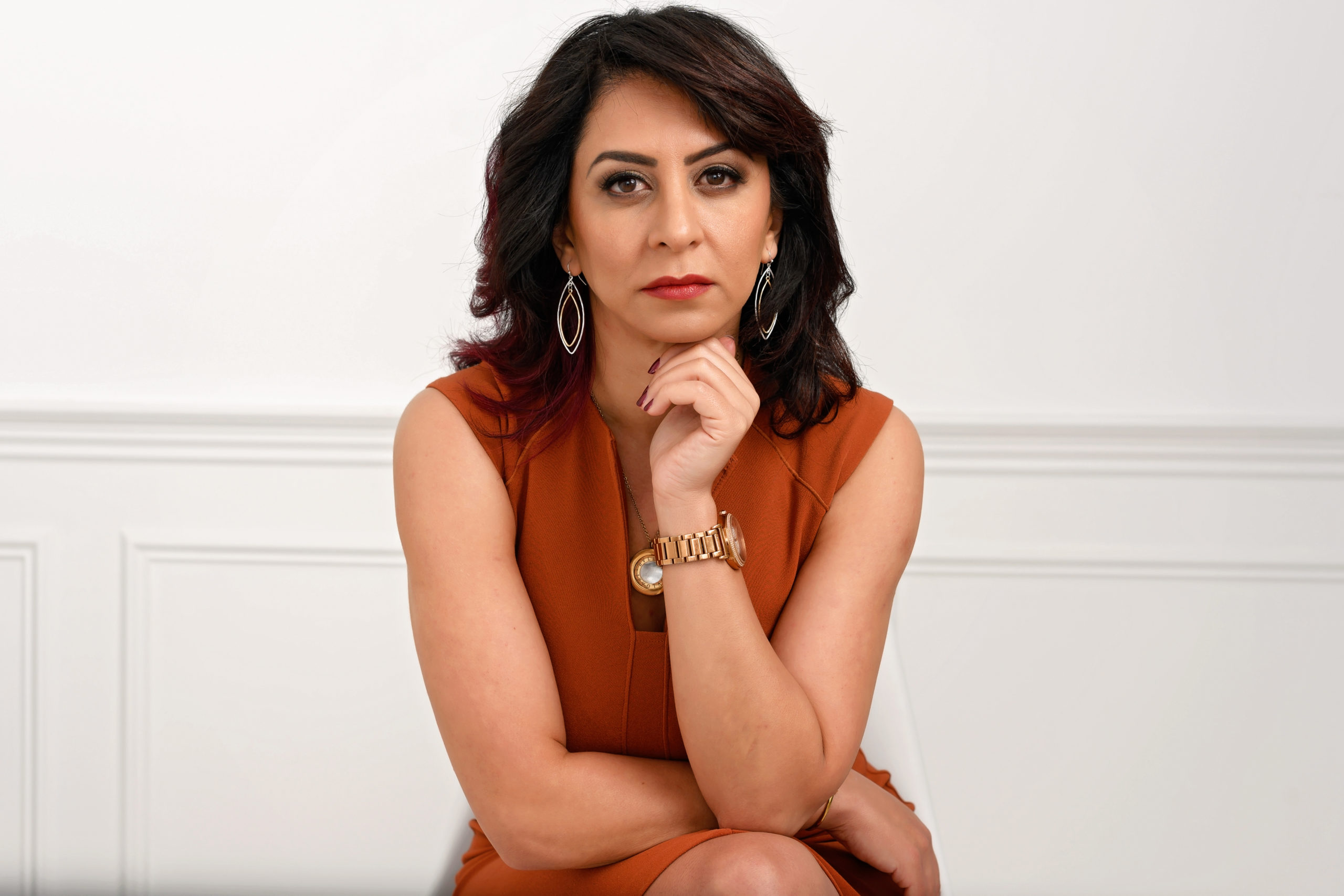May 20, 2019
Part of being a contemporary portrait photographer means having the privilege of learning the stories behind the women we photograph. Some of the stories we hear give us pause, make us think, and inspire us. Some command our attention and demand to be heard. Nancy’s is all of the above.
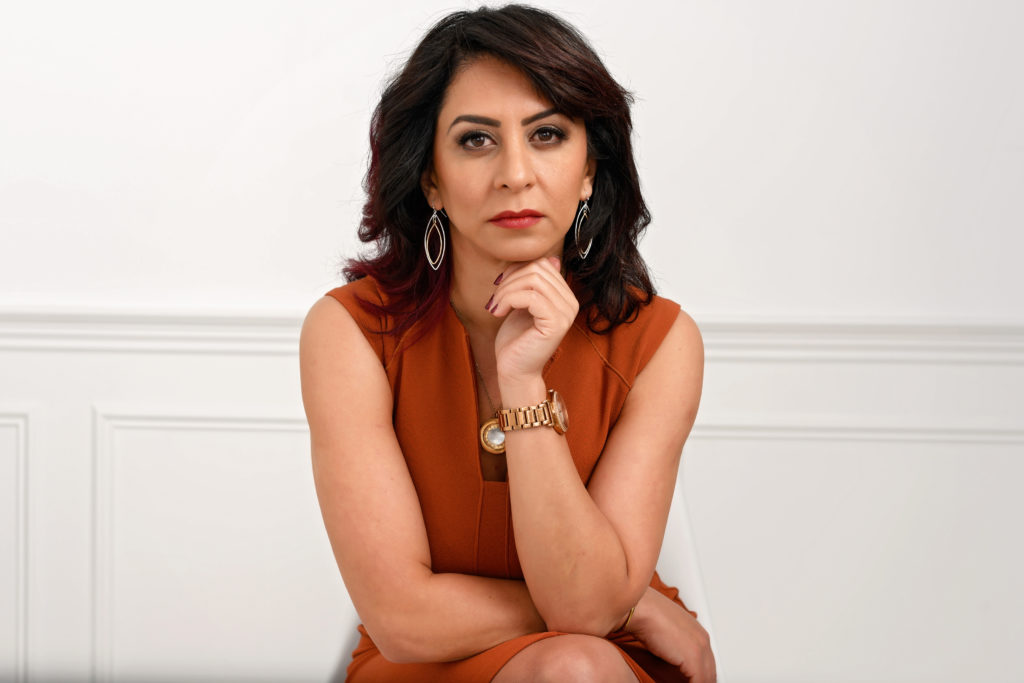
Her story is as sweeping as international politics and as complex as countrywide political upheaval, but it’s also a deeply individual one: it’s the story of a woman forced to fight a tumultuous political battle on a personal battlefield, and a mother forcibly separated from her family and two young children as a result.
In August of 2011, Nancy and her two-year-old twins moved to Egypt from England, where she had worked on her PhD in International Development. She began work in her homeland of Egypt as the new country director for Freedom House, an NGO advocating for democracy and human rights. Her intentions were the same as they had always been during her impressive and varied career: to make Egypt a better place.
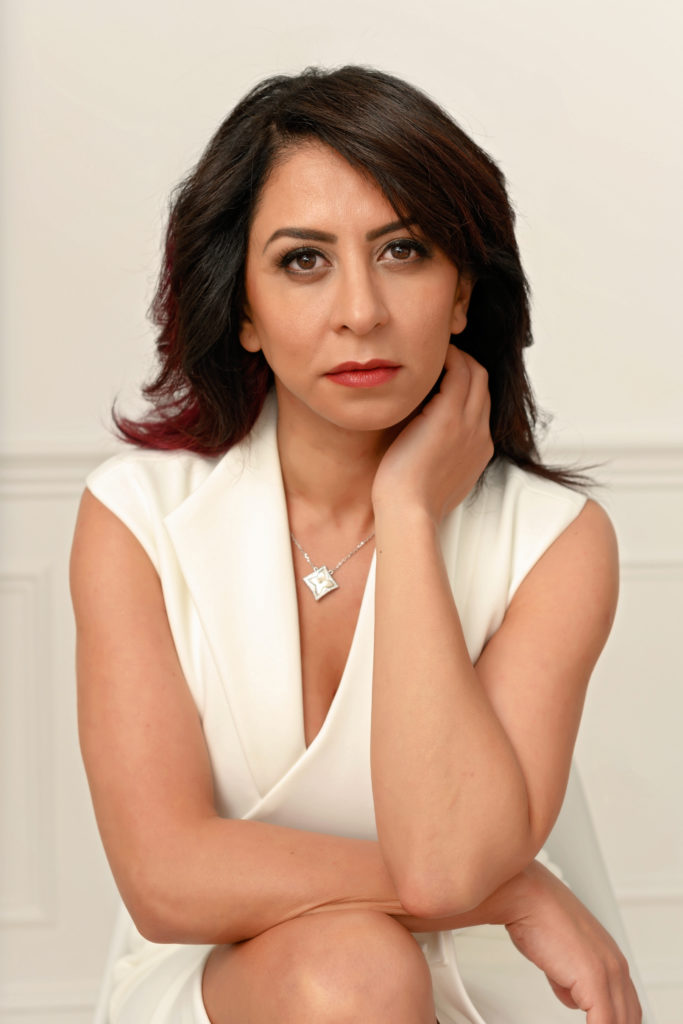
That summer, however, her efforts were criminalized. The Egyptian government began a smear campaign against foreign-funded NGOs like Freedom House, accusing them of intentionally sowing countrywide unrest and receiving illicit donations. Then, in December of 2011, the Egyptian authorities raided Freedom House and 16 other NGOs. Nancy was arrested, becoming one of 43 NGO staff members charged with illegally operating and funding an organization.
Neither the accusations against Freedom House or Nancy were true, but the December raid didn’t come as a surprise. At least, not to Nancy. Her arrest had been preempted by months of harassment, threats, and intimidation from Egyptian authorities.
After receiving an initially unassuming summons from the Ministry of Justice, Nancy arrived to find proceedings had begun against her and was interrogated for seven long hours. She was told that complaints or public mention of what had happened would only result in jail time.
Then there were the phone calls. They came at all hours to both Nancy’s phone, her husband’s, and her sister’s: a caller breathing into the line but never speaking. The phone calls escalated in both frequency and intensity, a nightly barrage of verbal harassment laden with sexual profanity.
Nancy was followed, her phone lines tapped, her family members intimidated. She spent countless hours in interrogation rooms while her whereabouts remained unknown to friends and family. Sometimes she would wait there for hours only to be told the authorities supposedly couldn’t remember what they called her in to ask her.
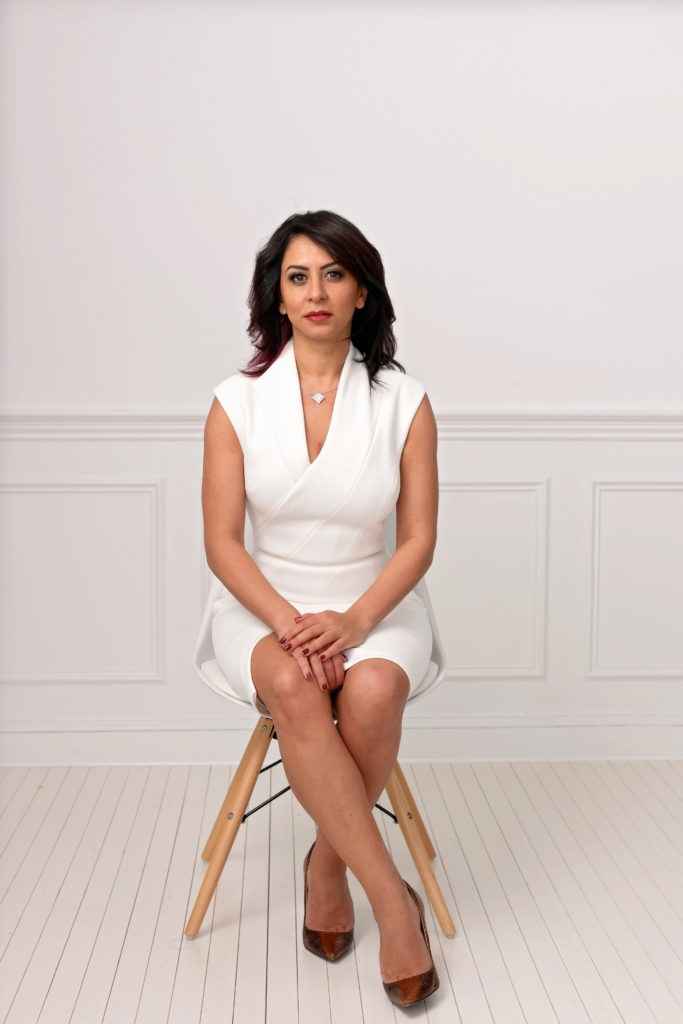
As a woman, guards treated her with distinct derision. They told her she should have stayed home rather than bring this shame to her family. The prosecutor warned that anything but silence about the proceedings might mean not going home to see her children.
During the actual trial, Nancy was held in a literal cage over a period of six grueling months in court. Her friends and family sat through hearings in a courtroom calling for her imprisonment or execution, watching as the trial progressed to a seemingly inevitable, unpleasant end.
Finally, in 2012, she was forced to leave Egypt for the United States and leave her young twins, Adam and Farida, behind.
She was later sentenced in absentia to five years in prison. She could not return to Egypt. She saw her children only once a year, when her sister would bring them to the States. Despite her eventual acquittal in December of last year, Nancy had already been punished. “For six years,” she wrote in an article for the New York Times, “I have longed for my family and my home.”
But one of the most remarkable things about Nancy’s ordeal isn’t how much she suffered through it, but how she endured despite it. Not as a victim, but as a fighter. Nancy’s punishment persisted, in no small part, because she did.
Nancy continued her fight for democratic change and chose to speak out—regardless of threats and intimidation tactics. Locked in that courtroom cage, she read from George Orwell’s Homage to Catalonia as a symbol of resistance against Egypt’s military regime. “The battle we fight standing in that cage, hearing calls for our execution,” she later wrote, “is not a battle for our freedom but a battle for liberating Egyptian civil society.”
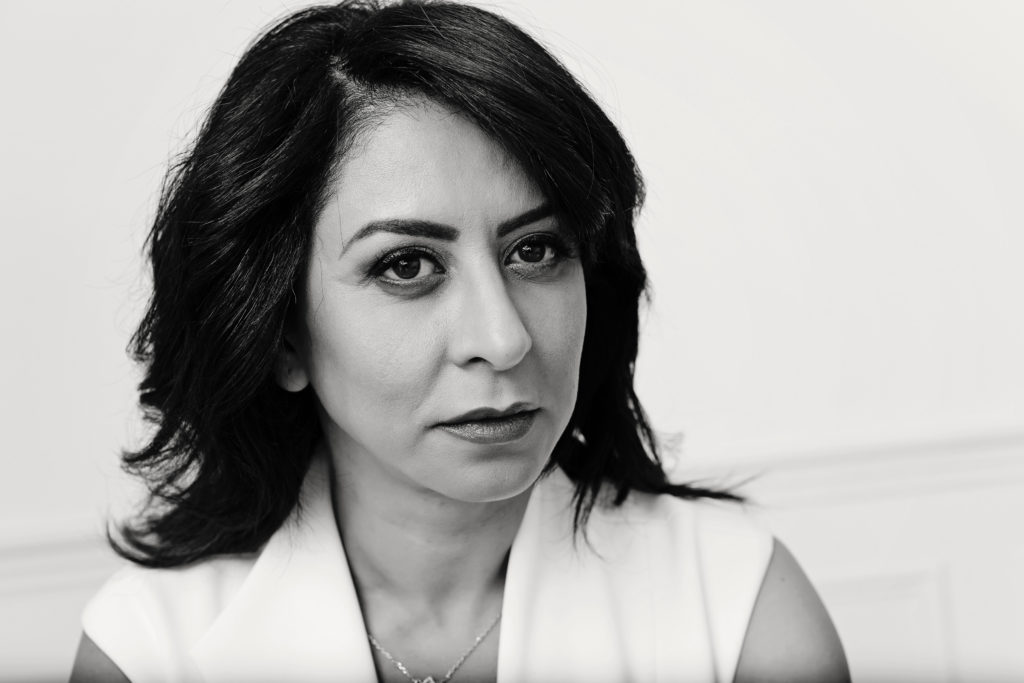
Despite her already extraordinary sacrifices, she has continued to devote her life to the pursuit of democracy and civil liberties for Egypt and other countries. She is now the executive director for The Tahrir Institute for Middle East Policy (TIMEP), a non-profit organization advocating for civil liberties, political awareness, and “dedicated to influencing policy toward the Middle East and North Africa through rigorous research and targeted advocacy efforts that promote local voices.”
The struggle for policy change in Egypt is a continuing one for Nancy, and one on which her determination and persistent efforts will undoubtedly leave a mark. But her legacy, like her story, won’t solely be a political one. Although she initially withheld the truth from her twins, who were just 3 years old when she left Egypt, she explained the reality behind her move to the US during Christmas of 2017.
To her surprise, they called her a hero. They told her she should continue her work, even asking how they could fix things in Egypt so Nancy’s situation would never befall anyone else.
Her children’s wisdom is a testament to the impact that one person’s unwavering integrity and perseverance can make. Not just as a political leader on international affairs, or an advocate of justice on her country. On a smaller but equally meaningful scale, they’re also the effects of a mother’s heroic example to her children—the legacy we leave behind that can stretch from the most personal spaces, to the broadest reaches of the world, and back again.
Article by Nancy, Washington Post, Sep. 2014: https://www.washingtonpost.com/posteverything/wp/2014/09/12/my-own-egyptian-trial-was-nothing-compared-to-what-these-women-will-face-tomorrow/?noredirect=on&utm_term=.ace4fe193a47
Article by Nancy, Cairo Review, Aug. 2012: https://www.thecairoreview.com/tahrir-forum/inside-the-cage/
“If you had asked me why I had joined the militia I should have answered: ‘To fight against Fascism,’ and if you had asked me what I was fighting for, I should have answered: ‘Common decency.”
― George Orwell, Homage to Catalonia
